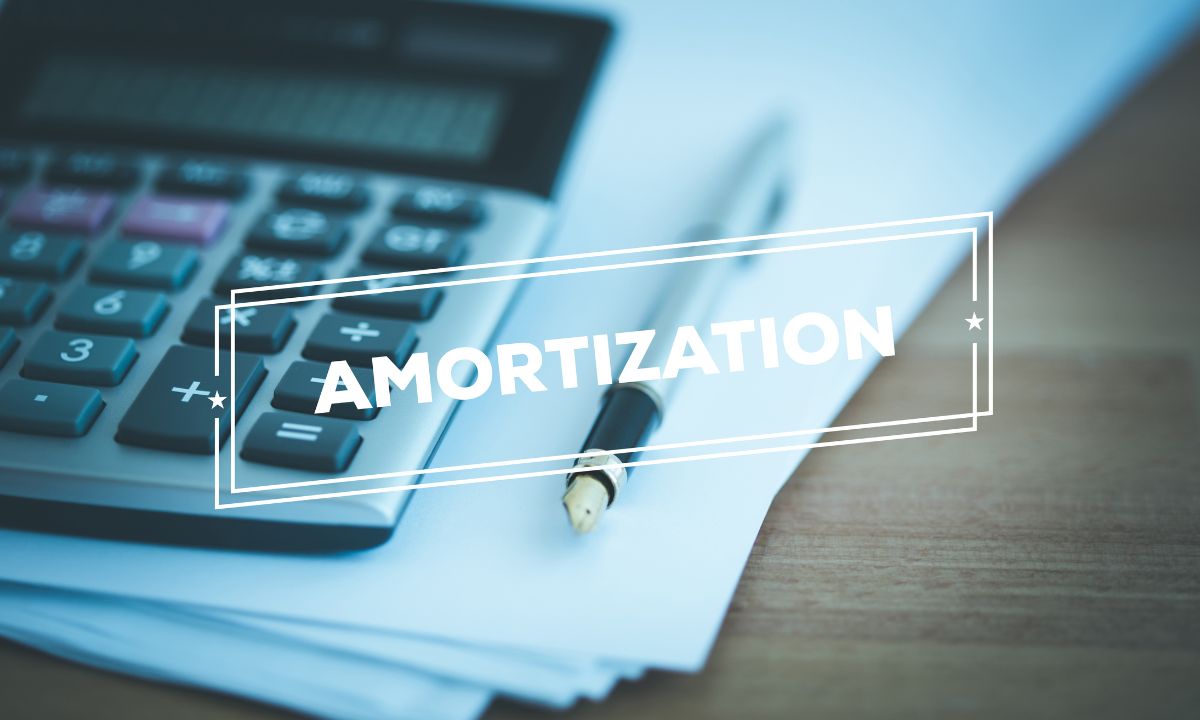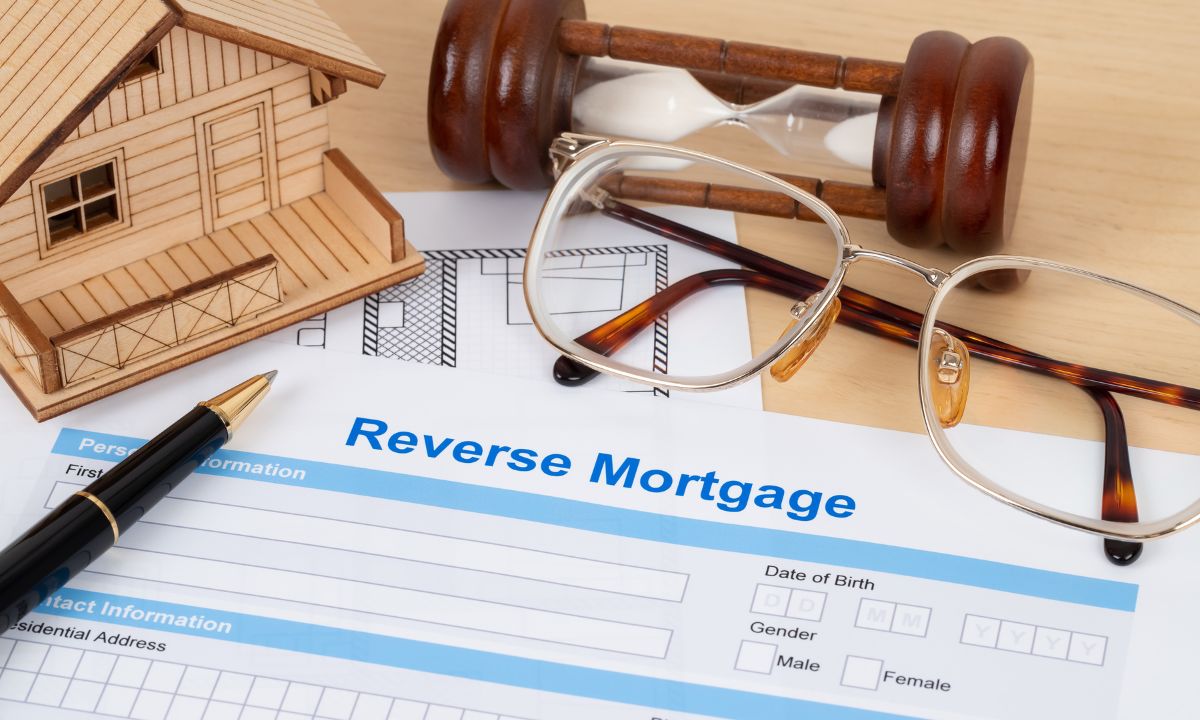How to Leverage Down Payment Assistance (DPA) Loans for Your Home Purchase
 Purchasing a home is a significant milestone, but the process can be intimidating, especially when it comes to saving for a down payment. Fortunately, Down Payment Assistance (DPA) loans offer a solution that can make homeownership more accessible. Let’s discuss how DPA loans work, their benefits and drawbacks, and the steps involved in leveraging these loans for your home purchase.
Purchasing a home is a significant milestone, but the process can be intimidating, especially when it comes to saving for a down payment. Fortunately, Down Payment Assistance (DPA) loans offer a solution that can make homeownership more accessible. Let’s discuss how DPA loans work, their benefits and drawbacks, and the steps involved in leveraging these loans for your home purchase.
Understanding Down Payment Assistance (DPA) Loans
Down Payment Assistance (DPA) loans provide funds to help cover the down payment on a home. While DPA loans can cover 100% of your down payment, it’s important to note that closing costs are not included and must be paid separately. These loans can be a game changer for individuals who are eager to buy a home but struggle to save up the necessary down payment.
Features of DPA Loans
DPA loans come with several attractive features:
- Low Mortgage Insurance Adjustments and No Income Limits: DPA loans often come with favorable mortgage insurance terms and are available to a wide range of income levels.
- Zero Down Payment: With a DPA loan, you can potentially avoid making a down payment out of pocket.
- Lower FICO Scores Accepted: These loans can be accessible even to those with lower credit scores.
Pros and Cons of DPA Loans
Before opting for a DPA loan, it’s essential to weigh the pros and cons.
Pros:
- Reduced Financial Barriers: DPA loans lower the amount of money needed upfront, making homeownership more accessible to individuals who may not have significant savings.
- Increased Buying Power: With financial assistance, buyers might afford a better home or a more desirable location than they could without the aid.
Cons:
- Program Availability: Not all programs are available in every area. Research local and state programs to find out what’s available to you and consult with a loan officer for detailed information.
- Repayment Terms: It’s crucial to understand the repayment terms of your DPA loan. Some DPA loans are grants, some are deferred loans, and others may be forgivable under certain conditions.
How Does Down Payment Assistance Work?
Navigating the process of securing a DPA loan involves several steps:
- Determine Eligibility: Check the eligibility criteria for various DPA programs to see if you qualify. Eligibility requirements can vary significantly between programs.
- Apply for a DPA Loan: Work with a loan officer to guide you through the application process. You will need to provide documentation such as income verification, tax returns, and credit reports.
- Secure a Primary Mortgage: Once approved for a DPA loan, obtain a primary mortgage for the remaining balance of the home purchase price. Your lender will coordinate the DPA funds with your primary mortgage.
- Close on the Home: At the closing, you will review and sign documents, pay closing costs, and receive the DPA funds to cover your down payment.
- Repay the DPA Loan (if applicable): Understand the terms of your DPA loan. Some DPA loans are forgivable, while others require repayment under specific conditions.
Leveraging DPA loans can significantly ease the financial burden of purchasing a home. By reducing the upfront costs and increasing buying power, these loans can help many achieve their dream of homeownership. However, it’s important to thoroughly research available programs and understand the terms and conditions associated with repayment. Give me a call and I will provide clarity and guidance for you throughout the process.

 When selecting a mortgage, one of the most critical decisions is choosing the right amortization schedule. This choice significantly impacts your monthly payments and the total interest you’ll pay over the life of the loan. Here, we’ll compare three common amortization options: fixed, graduated, and interest-only.
When selecting a mortgage, one of the most critical decisions is choosing the right amortization schedule. This choice significantly impacts your monthly payments and the total interest you’ll pay over the life of the loan. Here, we’ll compare three common amortization options: fixed, graduated, and interest-only. When you first opted for a reverse mortgage, it might have felt like the perfect solution to tap into your home equity and enjoy your retirement without monthly mortgage payments. As time passes, your financial situation, goals, or the market itself can change, making you wonder: “Can I refinance my reverse mortgage?” The answer is yes, but it’s essential to understand what is involved before making a move.
When you first opted for a reverse mortgage, it might have felt like the perfect solution to tap into your home equity and enjoy your retirement without monthly mortgage payments. As time passes, your financial situation, goals, or the market itself can change, making you wonder: “Can I refinance my reverse mortgage?” The answer is yes, but it’s essential to understand what is involved before making a move.